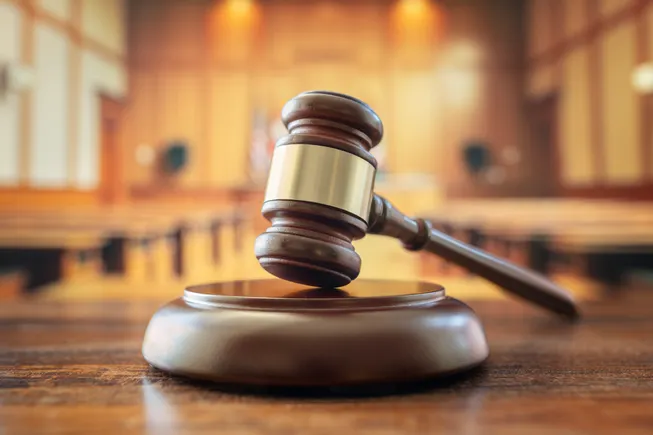Dive Brief:
- The Trump administration will not enforce a Biden-era regulation designed to improve access to mental health and substance use care for those with private insurance — and may rescind the guidance altogether, attorneys for the U.S. Department of Justice said in a court filing last week.
- The announcement comes amid a legal battle between an employers group, the ERISA Industry Committee, and the U.S. Department of Health and Human Services over the rule, which was finalized in September. The employers’ group has argued the rules were too onerous, and compliance requirements could backfire, causing more patients to lose care.
- DOJ said it will issue a “non-enforcement policy” for portions of the rule that went into effect this year and will “reexamine the Departments’ current [Mental Health Parity and Addiction Equity Act] enforcement program more broadly.”
Dive Insight:
A growing body of data suggests Americans struggle to access mental healthcare, despite the 2008 Mental Health Parity and Addiction Equity Act requiring health plans that cover mental health and substance use care to cover mental health services at the same level as physical healthcare.
Challenges include a lack of in-network providers and prior authorization hurdles. Critics say insurers play a role by failing to promptly update provider networks, making it more difficult to connect with providers.
As a result, as of last year insured people were almost four times as likely to go out of network for mental healthcare than physical healthcare and pay higher costs for care, according to a report by RTI International. Others forgo care entirely.
The Biden-era rule requires private health plans regularly evaluated their provider networks, out-of-network payment rates and utilization management processes to ensure parity between mental and physical healthcare.
However, the rule was slammed by payer groups and the ERISA Industry Committee, which represents large employers that provide health, retirement and paid leave benefits.
“Instead of expanding the workforce or meaningfully improving access to mental health support, the final rule will complicate compliance so much that it will be impossible to operationalize, resulting in worse patient outcomes,” AHIP, the Association of Behavioral Health and Wellness, the Blue Cross Blue Shield Association and the ERISA Industry Committee wrote in September.
The ERISA Industry Committee sued to challenge the regulation in January. Now, the Trump administration appears to be considering the payers’ concerns.
DOJ asked the U.S. District Court for the District of Columbia to pause litigation while it reviewed the guidance. DOJ said it had provided the employer group notice of its decision to review the guidance on April 25.
The ERISA Industry Committee applauded the stay on Monday.
“Despite extensive efforts to work with the previous administration, the final rule requirements are wholly unworkable, and litigation became the only path to protecting employees and their access to quality, affordable benefits,” said President and CEO James Gelfand in a statement. “We are pleased that the Trump Administration has responded to the lawsuit, will not penalize employers under the rule while the case is pending, and is reconsidering the rule to address the concerns [The ERISA Industry Committee] expressed throughout the regulatory process.”






Leave a Reply